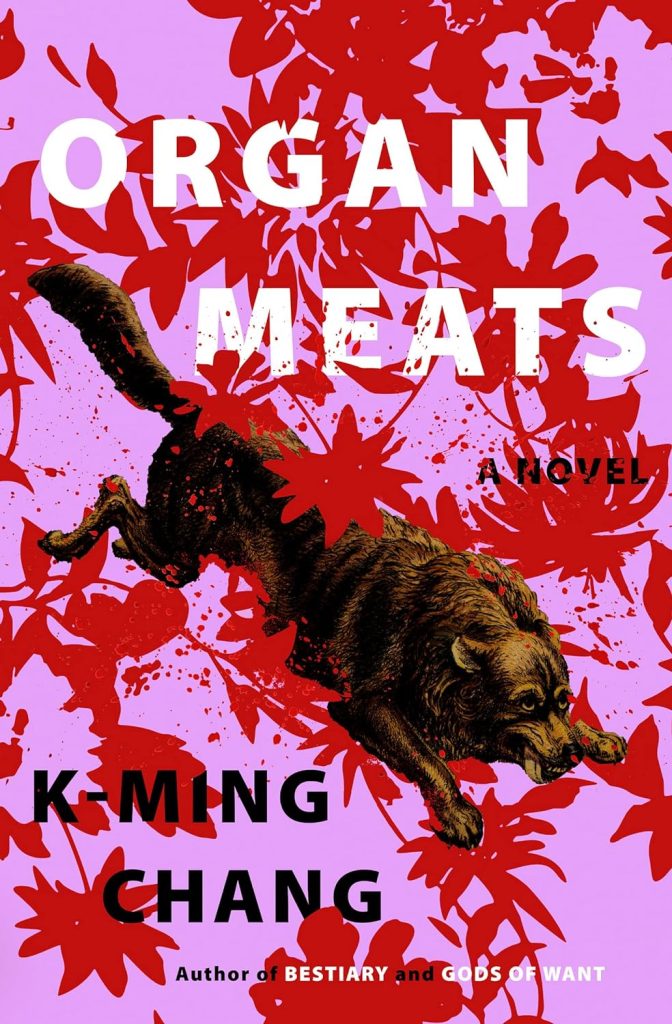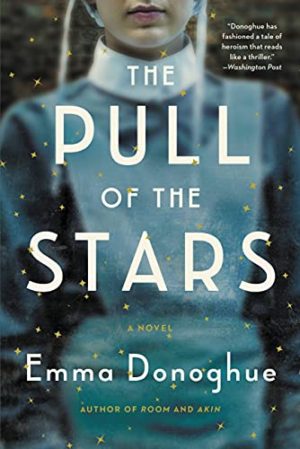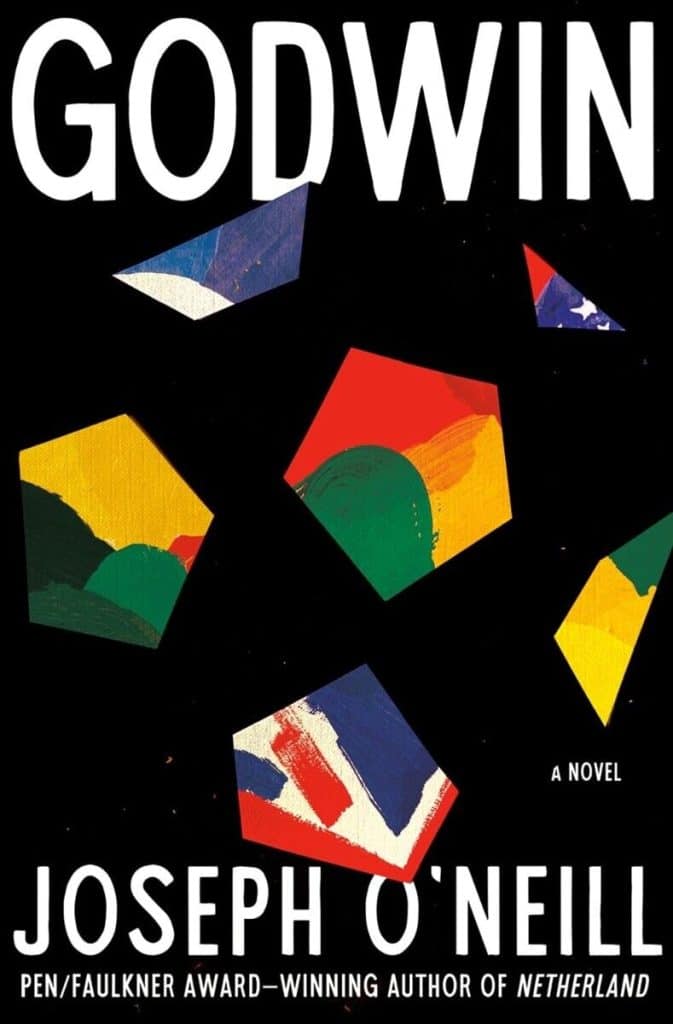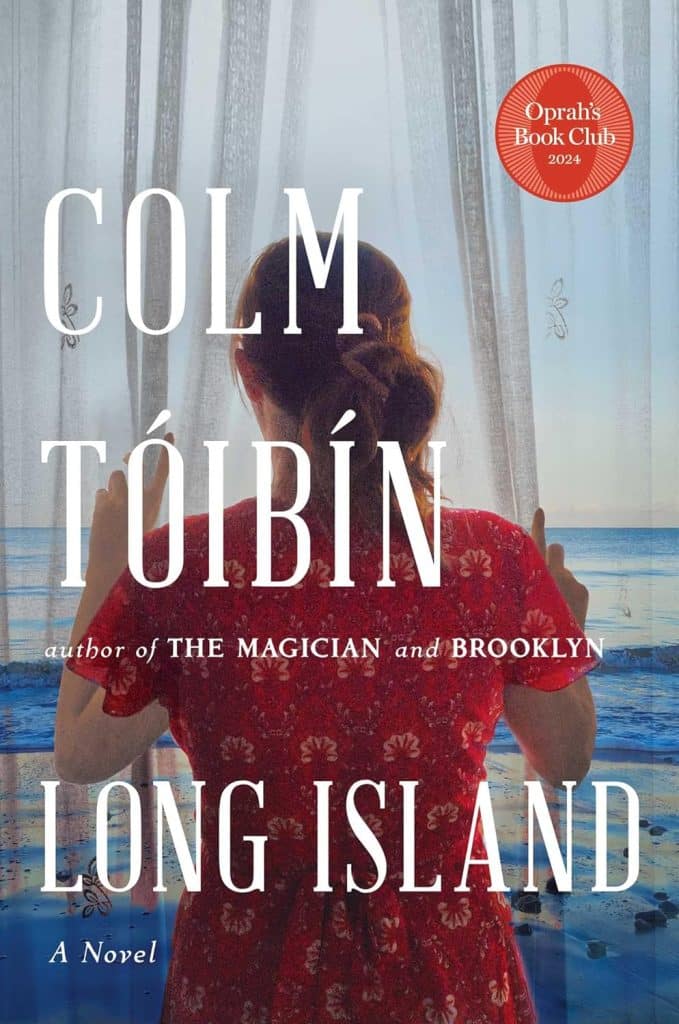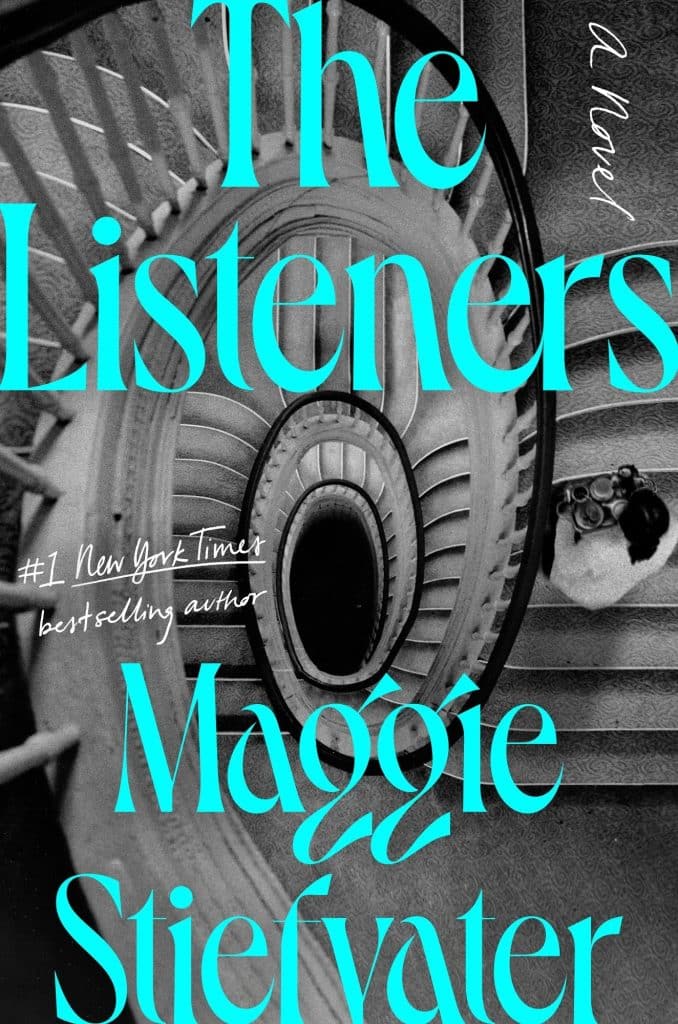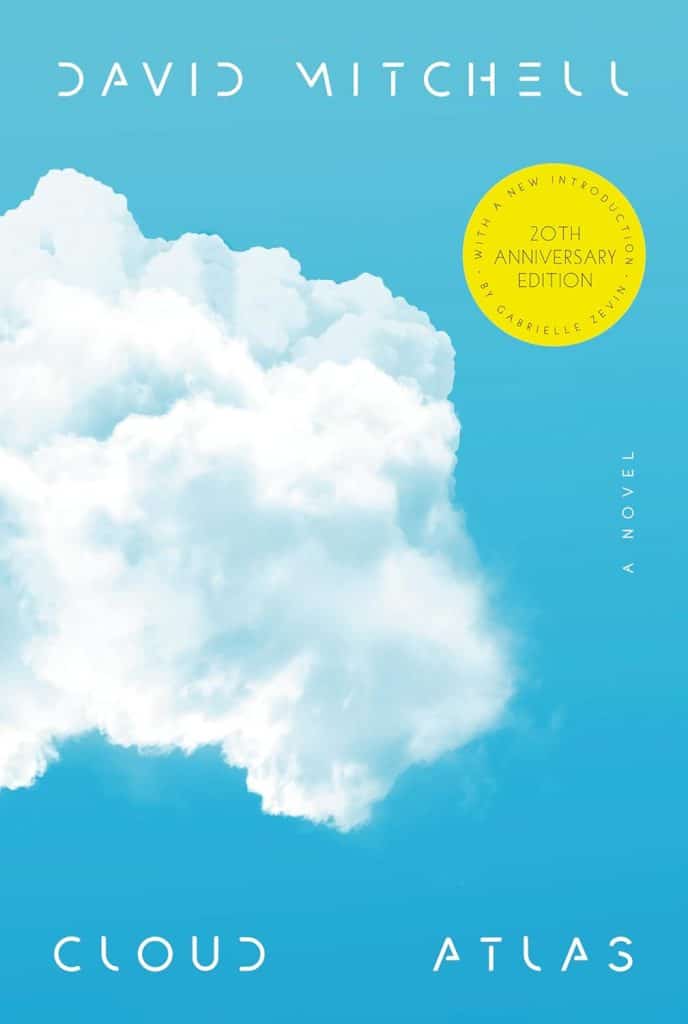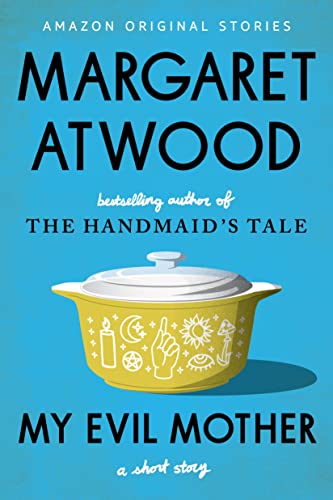
My Evil Mother: A Short Story
Estimated reading time: 1 minute, 14 secondsMy Evil Mother: A Short Story by Margaret Atwood was a free book with your Prime Reading membership. I have always enjoyed reading Ms. Atwood’s books. My Evil Mother was an enjoyable read and reminded me why she is a great author and why short stories are unique and special. As the NY Times described, My Evil Mother, is a bittersweet short story about mothers, daughters’ witches’ brew of love—and control. I highly recommend it as it is one of my best books this year.
Goodreads provides a concise overview.
Life is hard enough for a teenage girl in 1950s suburbia without having a mother who may—or may not—be a witch. A single mother at that. Sure, she fits in with her starched dresses, string of pearls, and floral aprons. Then there are the hushed and mystical consultations with neighborhood women in distress. The unsavory, mysterious plants in the flower beds. The divined warning to steer clear of a boyfriend whose fate is certainly doomed. But as the daughter of this bewitching homemaker comes of age and her mother’s claims become more and more outlandish, she begins to question everything she once took for granted.
When you buy a book or product using a link on this page, I receive a commission. Thank you for supporting Sharing Jan’s Love blog.


